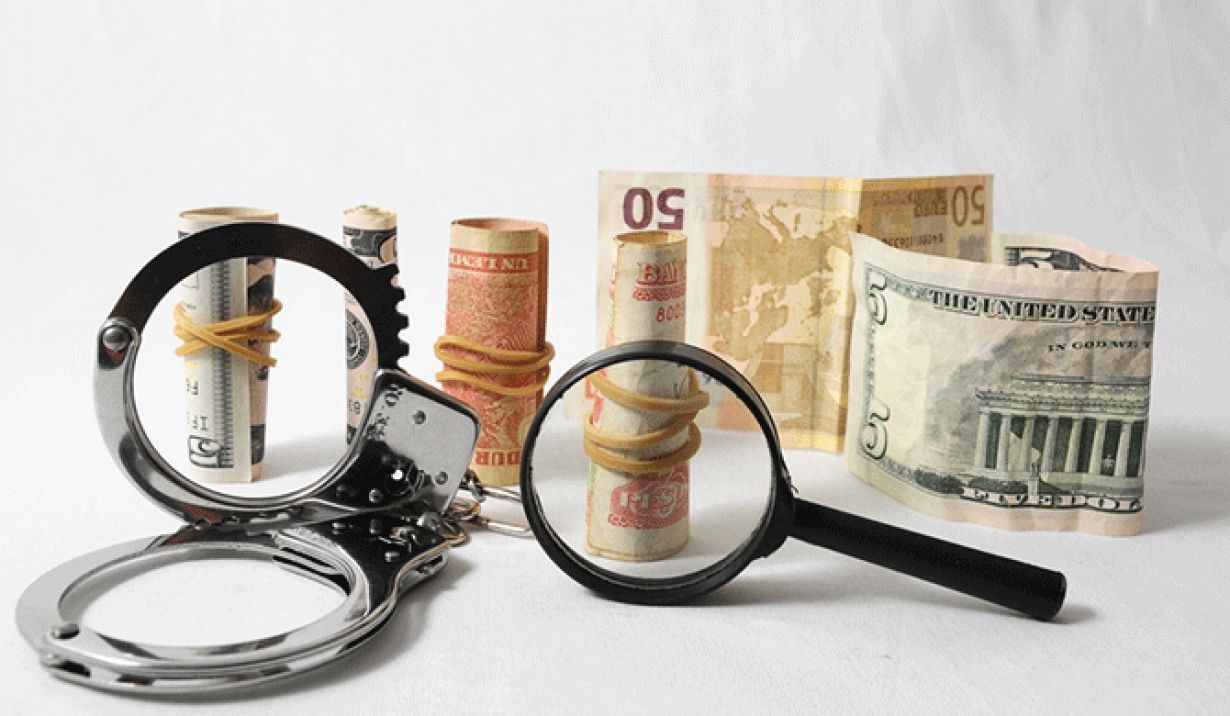What is Counter-Terrorist Financing (CTF)?
Terrorists and terrorist groups often rely on funding to support themselves and to carry out acts of terrorism. Though terrorists are not very concerned with disguising their funds’ origin, they are concerned with concealing their destination and purpose. Terrorists and terrorist organizations, therefore, employ techniques similar to those used by money launderers to hide their money and evade law enforcement agencies. More on terrorist financing below.
Several laws and regulations, collectively known as Counter-Terrorist Financing (CTF) laws, were enacted by various competent authorities to combat terrorist financing. CFT laws require financial institutions to comply with a range of strict requirements, including monitoring customers’ transactions and activities, performing adequate Customer Due Diligence (CDD) controls, keeping accurate records, and reporting suspicious activity to competent bodies.
How do terrorists evade CTF measures?
Terrorist financiers are known to use cash to finance terrorist acts, especially where terrorist planning and terrorist activities take place in the same region. This leaves less of a paper trail, of course.
With these strategies, online money payment schemes, and the decentralized nature of cryptocurrencies, extremist financiers are in a position to build large and complex networks, which counter-terrorist financing agencies around the world are just beginning to scratch the surface of.
According to the United Nations (UN), it is impossible to assess the efficacy of the law criminalizing the funding of terrorism, partially because the supposed deterrent impact is not observable by itself, but also because the provisions on the financing of terrorism have only recently been implemented.
How do terrorist organizations secure funding?
Terrorists and their sympathizers continuously resort to novel methods to conceal their fundraising activities. Some notable schemes include:
- Illegal Activities: Terrorist groups primarily use illegal drug trafficking to collect money for their operations. The proceeds from the drug trade would then be laundered, making it impossible to identify the traces of the funds. For example, the Rebel Armed Forces of Colombia (FARC) are known to trade cocaine to collect funds for their operations.
- Front Companies: Terrorist organizations can conduct legitimate businesses to make profits from terrorist activities and to launder money. According to The New York Times, Osama bin Laden has been claimed to have run a retail honey company throughout the Middle East, helping him collect funds and hide shipments of money and weapons.
- Corruption: has not only been recognized as a significant threat to economic development, political stability, and peace but is also acknowledged by the international community as the breeding ground for terrorism. A 2016 article in the International Journal of Economics and Finance elegantly summed up the relationship between corruption and terrorist financing using the graphic below.

How the world is fighting Terrorist Financing?
Many agencies and laws are wholly committed to combating the funding of terrorism. For example, the US PATRIOT Act was enacted to cut down support for terrorist groups, whereas the Financial Action Task Force (FATF) was founded in 1989 on the initiative of the G7 to develop policies to combat money laundering, including terrorism funding.
The FATF regularly draws up a list of countries that did not adequately enforce their laws against financial fraud. This ‘name and shame’ tactic has encouraged many governments to take a stance against both money laundering and counter-terrorism funding while at the same time calling attention to the persistence of these crimes in the international financial market.
The Australian Transaction Reports and Analysis Centre (AUSTRAC) produced a public terrorism financing report in 2014 to strengthen defenses against terrorism financing by improving industry and public awareness of the risks. The report used real cases and intelligence to present a consolidated picture of Australian terrorism financing risks, vulnerabilities, and methods.
In 2016, the European Commission adopted an action plan to strengthen its fight against terrorist financing. The action plan aimed to detect and prevent the movement of illegal funds and helped law enforcement agencies trace financial movements and disrupt the sources of revenue. Many banks and institutions are now expected to thoroughly screen their customers to collect as much knowledge as possible about them and their accounts. This helps to ensure that their clients do not participate in financial offenses, such as terrorism funding, and do not launder money from outside the world.
How our automated processes will help you?
In today’s fast-changing landscape, manual CTF checks can be labor-intensive, costly, highly error-prone, and subject to increased human bias. With state-of-the-art systems such as ComplyCube, you will be able to screen customers across a wide range of CTF/AML databases and receive only relevant results.
Our leading platform will thus enable you to focus on other important parts of your business whilst protecting your company from everyday CTF/AML risks – effortlessly and cost-effectively.



